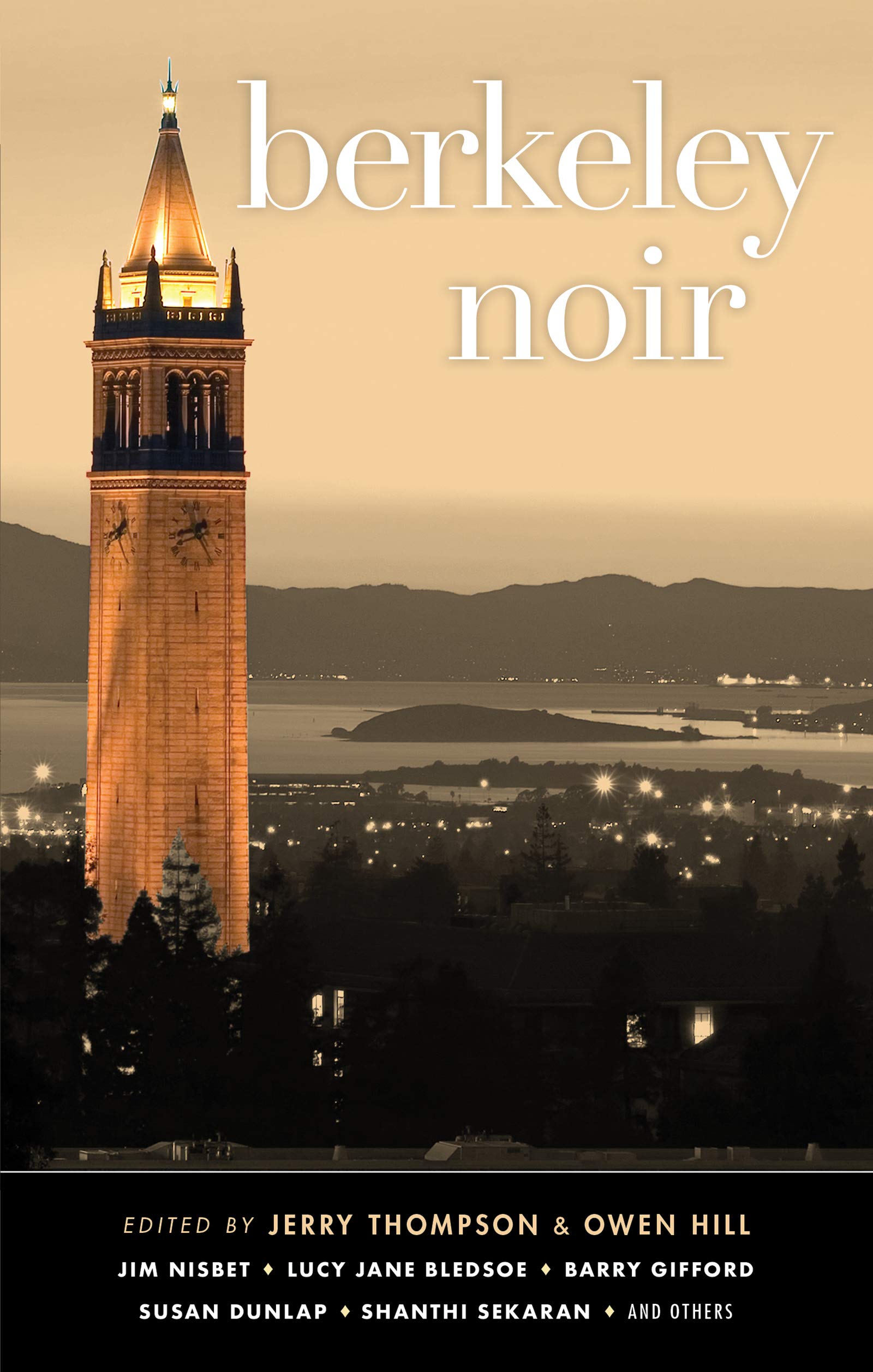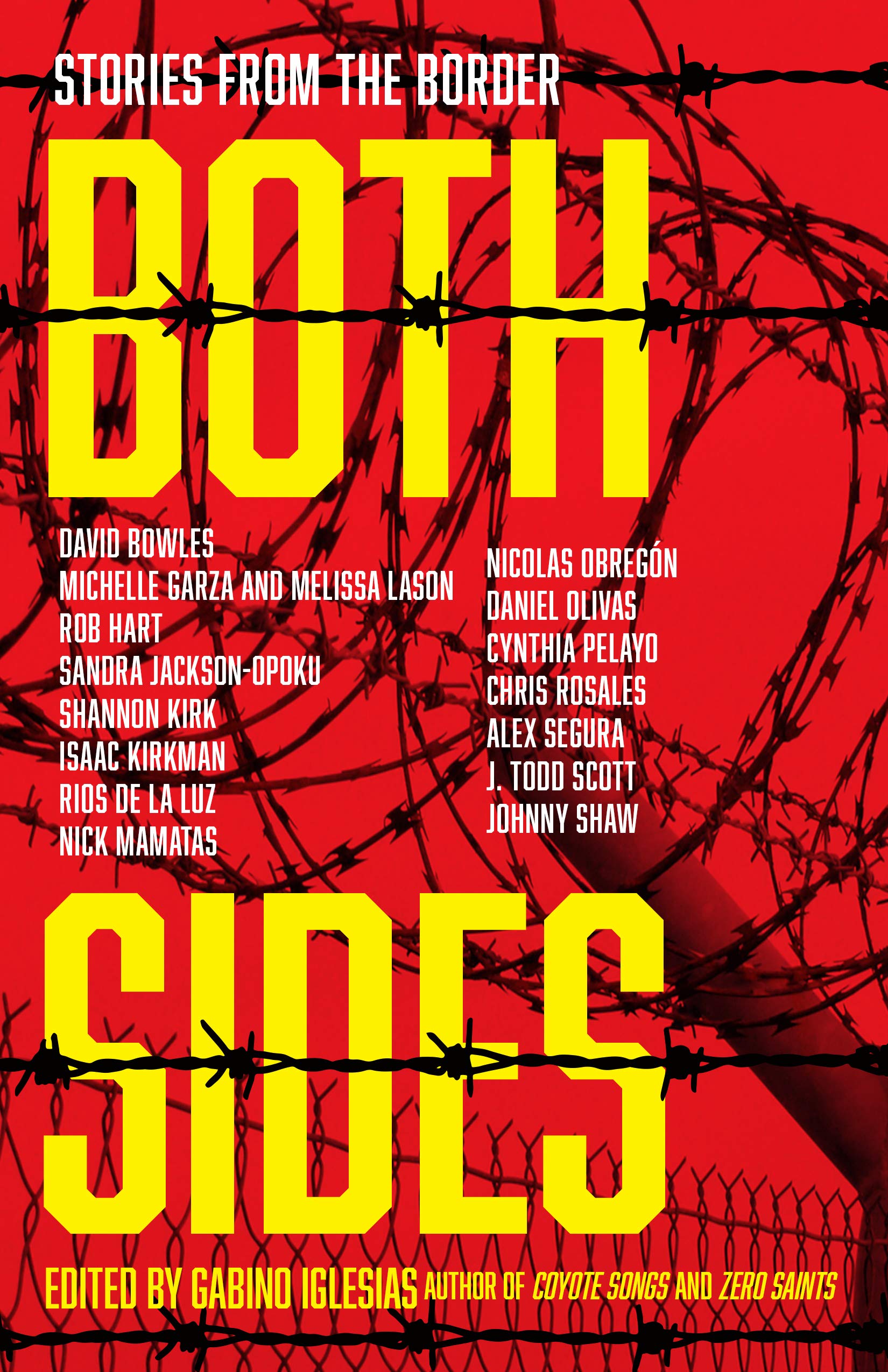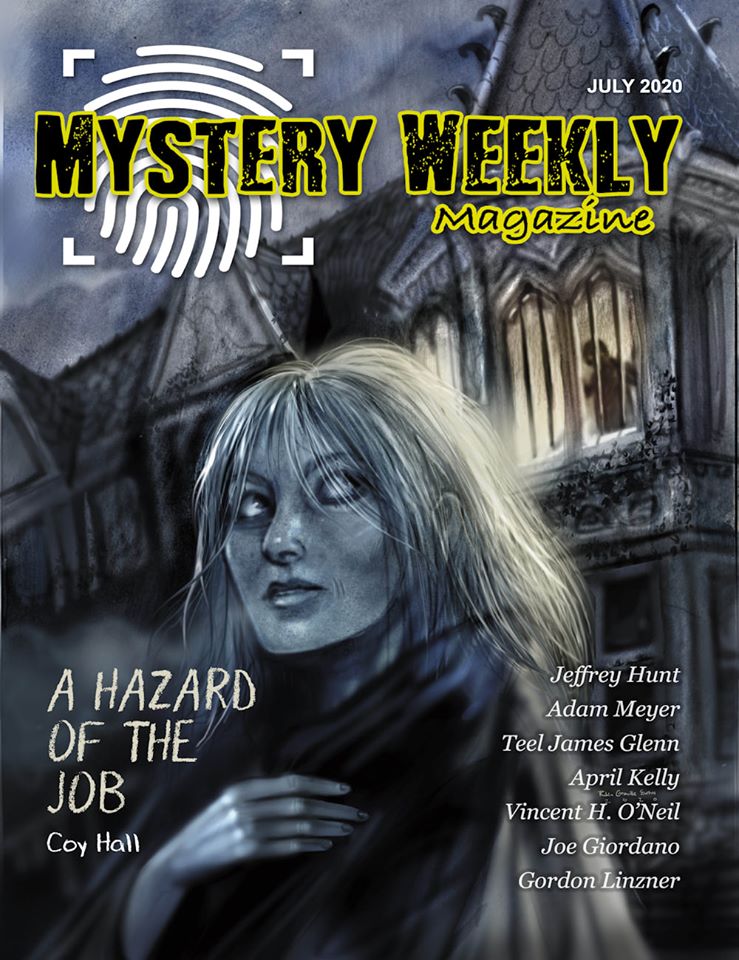"No Body," by Clea Simon, in Shattering Glass, edited by Heather Graham, Nasty Women Press, 2020.
Before she even spoke she knew her body was gone. It had been a struggle, losing it.
At first I thought the protagonist was a ghost, but no, she is a person in trauma experiencing, as some people do in such a situation, the sensation of being outside her own body. In fact, she was drugged and is being raped.
None of the characters in this story are named, and the protagonist is never "the woman," but simply "she." It is a stylistic choice that keeps the story as intimate and claustrophobic. And this story is strong on style.
The main character is a college student and the rapist is a popular student who lives right down the hall. He doesn't stop tormenting her, either, joking with his friends about her. But then...
I said this story is mostly about style, so honestly I was not expecting a clever and unexpected plot twist. But that's what you get.









